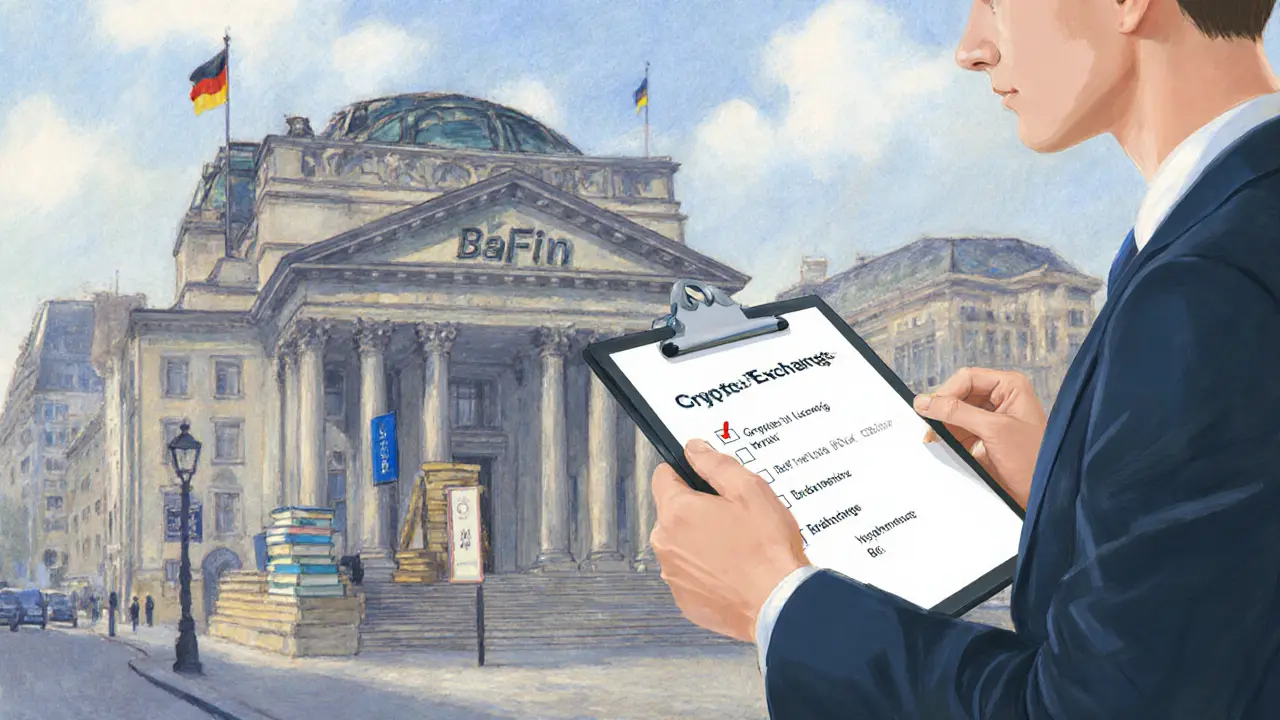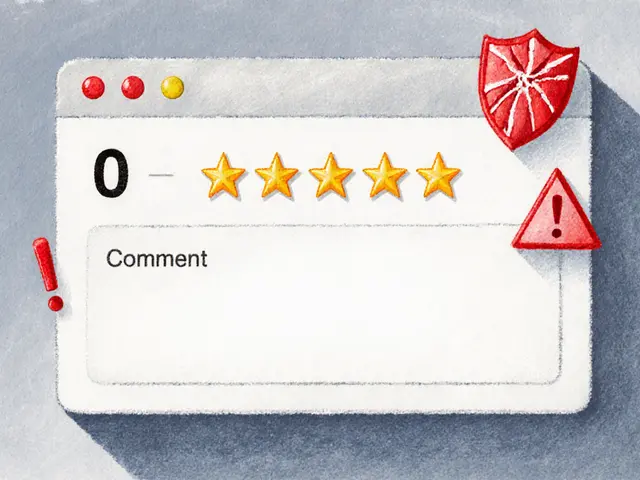BaFin Licensing Explained – What It Means for Crypto Projects
When talking about BaFin licensing, the official approval process that German financial firms, especially crypto exchanges, must pass to operate legally in Germany. Also known as German financial regulator approval, it sets the bar for German financial regulator, BaFin (Bundesanstalt für Finanzdienstleistungsaufsicht) to enforce on the market. The licensing framework ties directly into cryptocurrency exchange licensing, the specific set of requirements an exchange must meet, from capital reserves to AML/KYC procedures and even touches EU AML compliance, EU‑wide anti‑money‑laundering standards that German firms must follow. In plain terms, getting BaFin licensed means your crypto business can legally accept German users, list tokens, and stay clear of hefty fines.
First off, BaFin licensing is the gateway to the German market, which is one of Europe’s biggest crypto hubs. Without it, you can’t advertise to German users, open bank accounts, or partner with local payment providers. The process forces you to lay out a solid business plan, demonstrate robust risk management, and prove you have the technical safeguards against hacks and fraud. That’s why many new projects rush to secure a German crypto regulation stamp – it builds trust with investors and users alike. The regulator also checks whether your token offerings fit the definition of a security under the German Capital Markets Act. If they do, you’ll need a securities license on top of the BaFin crypto license. This two‑layered approach ensures that both the platform and the assets it hosts meet strict standards, reducing the chances of market abuse.
But BaFin licensing isn’t just a bureaucratic hurdle; it influences how you design your compliance program. For instance, AML/KYC checks have to align with the EU’s 5th Anti‑Money Laundering Directive, meaning you must verify user identity, monitor transactions over €10,000, and keep records for at least five years. Your tech stack should include real‑time transaction monitoring, automated sanction screening, and a clear procedure for reporting suspicious activity to the Financial Intelligence Unit (FIU). Moreover, the licensing process demands that you maintain a minimum amount of liquid capital – often a few hundred thousand euros – to cover operational risks and protect customer funds. This capital requirement pushes startups to think carefully about fundraising and cash flow from day one.
Finally, the impact of BaFin licensing stretches beyond compliance. It shapes your market strategy, pricing, and partnership choices. Having the license can lower banking fees, open doors to institutional liquidity providers, and give you a competitive edge in a market that values security and transparency. Many exchanges report higher user onboarding rates after obtaining BaFin approval because German users feel safer knowing a reputable authority backs the platform. In short, BaFin licensing isn’t just a checkbox; it’s a catalyst for growth, credibility, and long‑term sustainability in the German crypto ecosystem.
Below, you’ll find a curated list of articles that break down each step of the licensing journey, from initial application to ongoing reporting requirements. Whether you’re a founder looking to launch a new token, a compliance officer polishing your AML program, or just curious about how German crypto regulation works, these posts give you the practical insight you need to move forward.Why BaFin Licensing Matters for Crypto Players

A practical guide covering Germany's crypto exchange regulations, BaFin licensing steps, token classification, AML duties, tax reporting, and a compliance checklist for 2025.
Jonathan Jennings Aug 8, 2025




